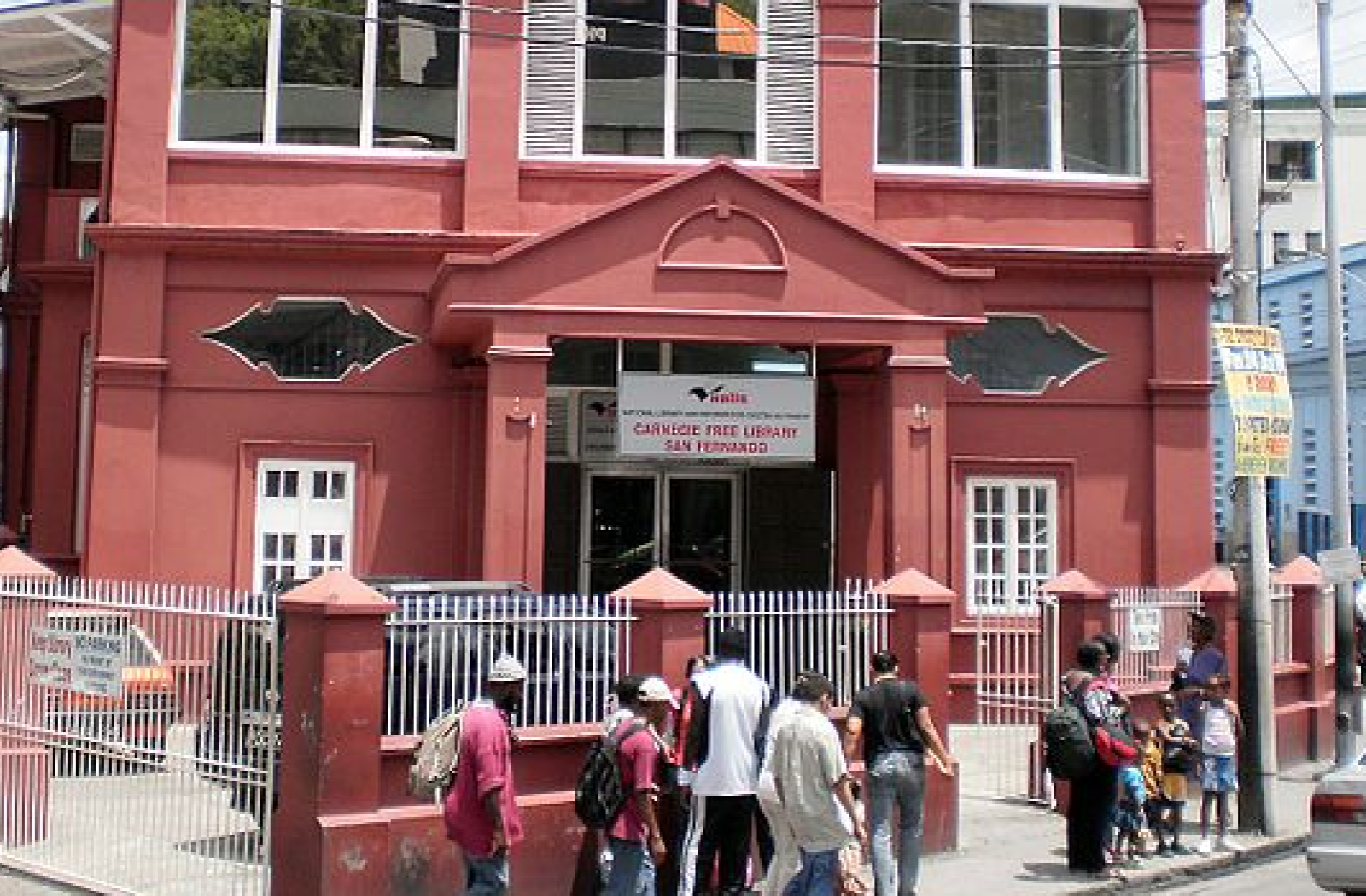Gender-based violence is prevalent throughout the Commonwealth. It impacts the social, economic and psychological wellbeing of individuals and communities. Violence against women and girls in particular is usually underreported.

This blog is part of the Commonwealth’s ‘16 Days of Actions’ series, designed to showcase multi-disciplinary national solutions in addressing violence against women and girls. These proven solutions build on the collective experience of the 54 member countries – representing one-third of humanity – which can be replicated elsewhere to create a safer world for every woman and girl. Read the full series here.
Gender-based violence is prevalent throughout the Commonwealth. It impacts the social, economic and psychological wellbeing of individuals and communities. Violence against women and girls in particular is usually underreported.
This devastating menace has worsened during COVID-19 lockdown measures, creating what has been referred to as a ‘hidden pandemic’. In early 2020, the Trinidad and Tobago Police Service launched the Gender-Based Violence Unit to address high levels of abuse, particularly intimate partner and domestic violence. In March 2020, there were 203 police reports on domestic violence in Trinidad and Tobago, compared to 42 reports for the same month in 2019.
A lack of focus on ‘male allies’
Since the 1995 Fourth World Conference on Women in Beijing, there have been significant advances in the understanding and recognition of women’s rights, and social and economic equality. However, despite the introduction of gender affairs bureaus in governments and increased social interventions for survivors of gender-based violence, countries are still failing to confront the notion of men both as perpetrators but also as critical actors in transforming gender inequalities and ending violence against women and girls.
We need to clearly communicate that the victims are not the problem. Rather it is the perpetrators of gender-based violence, who in the majority of cases are men, that are the problem.
To this end, governments, civil society and our cultures as a whole need to build new ways and initiatives that deal with and confront cultural patterns of violence, dominance and power, while also empowering women and girls.
Specifically, we need to build more programmes that address masculinity and gender equality. Currently they are few and far apart. One project that has been successful globally is the United Nations HeForShe Campaign, which developed the ‘Barbershop Toolbox’ to engage boys and men in actively promoting gender equality.
Changing behaviour
In 2018, the Office of the Prime Minister in Trinidad and Tobago drew on the UN campaign’s framework and collaborated with development practitioners, civil society activists and social workers to execute the ‘Barbershop Initiative’.
The programme targeted adolescent males within communities and secondary schools. Community centres were transformed into barbershop environments where participants received free onsite haircuts and the opportunity to contribute to collective discussions on male identity formation, gender stereotypes and gender-based violence.
This programme is a good example of a government’s recognition of the need for boys and men to play a critical role in transforming gender beliefs and ideals of masculinity, in order to end gender-based violence.
Progress towards gender equality is inextricably linked to sustainable financing for male-focused programmes that increase awareness, advance gender equality frameworks, implement monitoring and evaluation mechanisms, and collaborate with civil society.
Governments should see the positive outcomes and some of the gaps in these programmes as reasons to scale up the work of engaging boys and men for gender equality, through the creation of robust policies.
Shifting mind-sets
COVID-19 has demanded that countries respond to the exacerbated social crises of gender equality with innovative policy and programmes. As community spaces for boys and men are not possible during the pandemic, governments must harness the potential of digital engagement and media campaigns to raise awareness about gender-based violence, and promote messages about the transformation of masculinity.
Many people believe ending gender-based violence is only possible through cultural change. But key to this change is an evolution in policy framework which demonstrates a holistic understanding of the sources of problem – including male power and dominance. Only then will we achieve our objective of gender equality, creating societies that are safer for everyone.
The ‘16 Days of Actions’ blog series is part of the Commonwealth Says NO MORE campaign. Read the full series here, learn more about the Commonwealth’s work on ending violence against women and girls here – and join in the conversation on social media by using #CommonwealthSaysNOMORE.
-
Image of the public library in San Fernando, Trinidad and Tobago, by Kalamazadkhan


